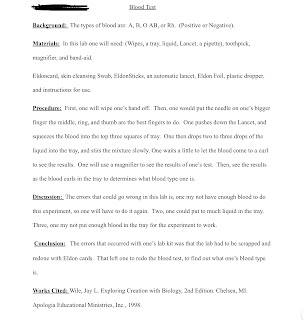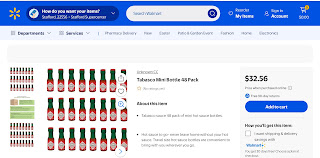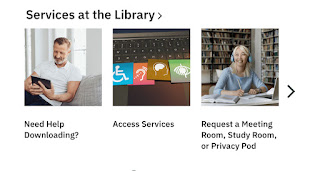A friend at church asked for help because she wants to home-school. I’m assembling some materials I like for her and want to share them with you, too. One of her two elementary-aged children is bored. My friend, Jen, another home-school mom, taught public school and has the tools to evaluate reading levels. Let’s assume the rising third grader is on level. Here are my suggestions for a basic curriculum.
1. I know the little girl doesn’t love to read. So, a literature based program is out. However, a basal reader should be perfect. My favorite basal or anthology is from Open Court. Look for an older edition of a general reading book. Yes, this is old school. These anthologies have fables, short stories, poems, etc, a little of everything. Make spelling lists from weekly reading. Use Zaner Bloser for handwriting or Even-Moor’s Daily Handwriting. I used the literature book below. There are questions for loads of classic books. Set a goal to read books. Keep a log. Choose easier books, listen to audiobooks, or read aloud with your child.
2. There are many, many math programs, including Saxon Math.
Before you decide, try 3rd Grade Math with Khan Academy.
3. Science is an easy choice, Apologia’s Young Explorers Series. Go with the first edition of Zoology 1, Flying Creatures. There are two ‘Notebooking’ books journals. The Junior notebook has handwriting practice and coloring. The other journal has puzzles, and more notes. Both notebooks have a syllabus.
4. Third grade is a little young for history. Why not try Daily Geography? Or History Pockets? Remember, your focus is on reading, writing, and arithmetic.






































